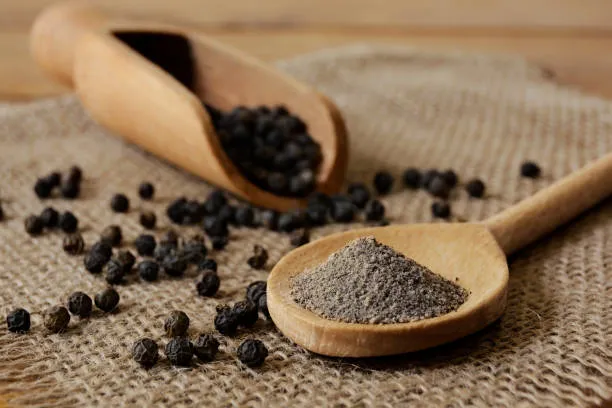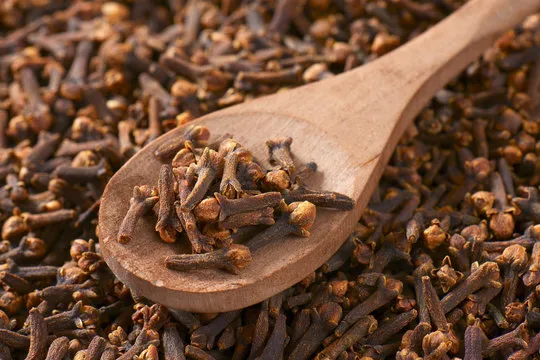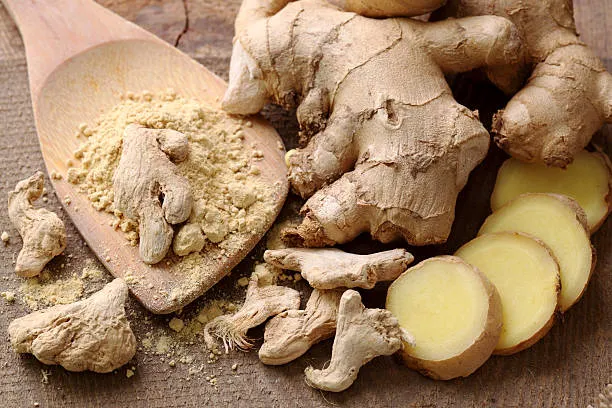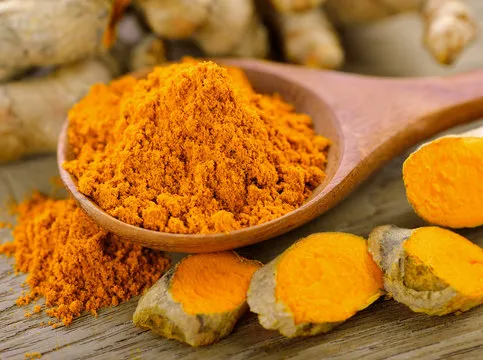


Basil
due to its rich composition of vitamin, compounds, and essential oils, basil is a nutrient-rich herb that offers a range of health benefits, from antioxidant and anti-inflammatory properties to digestive and skin benefits. Incorporating basil into your diet or using its essential oils topically may help promote overall health and well-being. Key health properties of basil:

Black Pepper – (Piper Nigrum)
Black Pepper has been used for centuries in traditional medicine and cuisine. The bioactive components present in black pepper, particularly piperine, have been found to have various health benefits. Here are some of the key health properties associated with black pepper:

Cacao
The primary raw material from which chocolate is made, Cacao has been touted for its numerous health benefits. Some of the key benefits include:

Cinnamon
Cinnamon is a potent spice that has been used for centuries for both medicinal and culinary purposes. It is known for its numerous health benefits, which are attributed to its active compounds, including cinnamaldehyde, cinnamic acid, and epicatechin.
Here are some of the key health properties of cinnamon:

Cloves
Minerals & Vitamins found in Cloves include: potassium, calcium, sodium, and magnesium, vitamin E, folate, and niacin, phosphorus, iron, zinc, vitamin C, thiamin, riboflavin, and vitamins A and K. Key health benefits include:

Ginger
A versatile spice that has been used for thousands of years for its medicinal and culinary properties, Ginger Its anti-inflammatory, antioxidant, Antiviral, antibacterial and anti-cancer properties make it a valuable addition to a healthy diet.It has been used to treat various ailments, including colds, nausea, arthritis, migraines, and hypertension.
Ginger has been shown to have numerous health benefits, including:

Ginseng
sources: Healthline.com

Oregano – (Origanum Vulgare)
A potent anti-inflammatory, antioxidant, and antimicrobial medicine, oregano is a versatile garden herb that has been used for centuries to add flavor to dishes and to promote overall health and well-being.

Parsley
Particularly rich in vitamins K, A, and C. Here are Key health benefits of Parsley:

Raspberry Leaf
Raspberry leaves contain B group vitamins and vitamins C and E, as well as the minerals calcium, magnesium and zinc. The leaves are also a source of protective plant compounds such as bioflavonoids and tannins. The herbal infusion is caffeine free and offers the following health benefits:

Rosemary
Hailed since ancient times for its medicinal properties, Rosemary is a potent herb used to alleviate muscle pain, improve memory, boost the immune and circulatory system, and promote hair growth. Some of the potential health benefits of rosemary include:

Sage
A potent & versatile garden herb used extensively for its dynamic flavour and health benefits:

Thyme
Thyme has been used for centuries for its medicinal properties, and modern research has confirmed its numerous health benefits. Here are some of the key health properties of thyme:

Turmeric
Turmeric is a potent spice prized for its medicinal properties for centuries. The active compound curcumin, a polyphenol, is responsible for many of its health benefits. Here are some of the key health properties of turmeric:
While turmeric has been touted as a “superfood” with numerous health benefits, but may interact with certain medications and may not be suitable for everyone, especially those with certain medical conditions or taking certain medications.

Yarrow